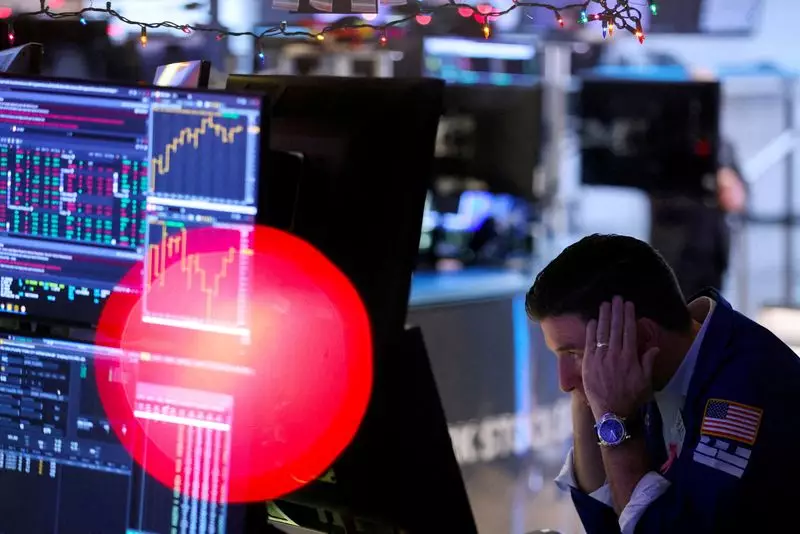The ongoing conflict in the Middle East, particularly the skirmishes between Israel and Hezbollah, has raised urgent concerns about regional stability and its implications for global markets. While analysts at UBS acknowledge the gravity of the situation, they emphasize that the immediate global impact remains relatively contained. However, they warn that, should tensions escalate further—especially with potential involvement from Iran and American forces—the ramifications could be significant, specifically concerning energy supply chains and financial markets around the world.
In light of these risks, it becomes crucial for investors to employ a diversified investment strategy. Diversification serves as a safeguard, affording a cushion against the perils associated with individual geopolitical events. UBS analysts advocate for a comprehensive approach to asset allocation, suggesting that while exposure to specific sectors may present inherent risks, the overall macroeconomic environment can still yield positive insights. Allocating resources across diverse asset classes can mitigate the shocks stemming from localized conflicts.
Investors are particularly advised to monitor oil prices, especially considering critical passages like the Strait of Hormuz. Analysts caution that a severe disruption could propel Brent crude prices beyond the $100 per barrel mark for an extended period, intensifying global financial volatility. Despite current price stability, any substantial geopolitical friction could quickly alter market dynamics. Hence, integrating oil-related assets into investment portfolios could serve as an effective hedge against potential energy supply shortages.
In uncertain times like these, investing in gold has proven its worth as a protective mechanism. Given that gold prices have surged nearly 30% thus far this year, indicators suggest that this trend could continue. Factors fueling this momentum include anticipated cuts in U.S. Federal Reserve interest rates, seasonal upticks in jewelry demand, and sustained acquisitions by central banks. For investors looking to stabilize their portfolios against the whims of geopolitical unrest, gold emerges as a crucial component, reinforcing the stability of a diversified investment strategy.
Investors should not overlook the value of maintaining a portfolio rich in high-quality credit assets. Such investments can bolster stability during periods of market turbulence, as they typically demonstrate resilience against broader economic fluctuations. Although the conflict has contributed to a weakening of the Israeli shekel, affecting the nation’s fiscal viability, there remains a compelling case for focusing on broader economic indicators that are less affected by regional strife.
As the global market navigates through the complexities of ongoing geopolitical conflicts, a strategic focus on diversification and targeted asset allocation can prove invaluable. While the situation in the Middle East remains fluid, investors are encouraged to remain vigilant and adaptable, capitalizing on opportunities presented by sound macroeconomic conditions. The integration of gold, oil-related assets, and high-quality credit can create a robust portfolio capable of weathering external shocks while fostering steady growth.

